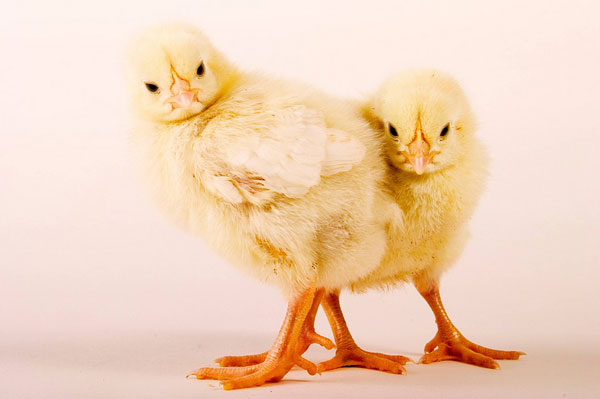When farmers use layer chicken cages to raise chickens, in addition to selecting good layer rearing equipment, the most important thing is the daily management and precautions of the hens. The authors summarize the most important issues to be addressed in the daily feeding of laying hens, as follows:
1. Restricted feeding: Chickens, like other animals, tend to over-feed if they are not restricted. This will cause the laying hens to grow too fast or sexual maturity too early. Chickens will be overweight due to premature accumulation of fat. It will also cause some waste on the feed.
Usually, it is necessary to reduce the feeding rate to 90% of the normal feeding. The restriction feeding usually starts from about 7 weeks and ends at around 19 weeks, but it is reasonable to ensure that the nutrient ratio of the feed is reasonable.

2. Deworming: Parasites, especially coccidia, have a great impact on the life of the chicken. Chicken parasitic diseases will not only cause a large amount of feed waste, but also have a great impact on the health of the chicken and the egg production.
It is recommended that the laying hens should be dewormed twice a year. The first deworming time is about 50 days old, and the second deworming time is about 130 days old. It is recommended to use an anthelmintic drug and administer it according to the instructions.
3. Broken sputum: After the chicken is broken, it can effectively prevent the chickens from licking anus, cockroaches, fighting racks, grotesque cockroaches, etc., and improve the health of the chickens. Usually, the chicken houses should ensure ventilation and reasonable control of stocking density. The diet should be properly matched with the suitable diet. The flock should be cut off at 60 days old, 2 days before the break, and 5 days after the break, adding multi-dimensional in the drinking water of the chicken to prevent the chickens from being stressed.
4. Real-time elimination of low-yielding laying hens: Low-yield laying hens have low returns, and continuing to raise will only waste more feed, which is not worth the loss.
Seven weeks after the laying of the laying hens, if it is found that the laying hens do not lay eggs, they should be resolutely disposed of; after 40 weeks of laying hens, this period is a better period to eliminate low-yielding laying hens, which is effective. Improve the economic benefits of laying hens.